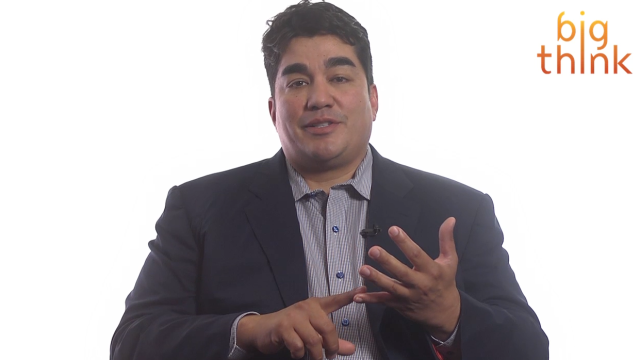Money Buys You Happiness Until Work Gets in the Way

There’s an interesting piece in the New York Times today about whether America’s wealthiest citizens are really its happiest. The article’s author, J. Peder Zane, evokes classic characters from America’s storytelling oeuvre — Jay Gatsby, Charles Foster Kane, Tony Soprano — in describing the rigidly American belief that “the golden road is paved with misery.” But is it true that people become less happy with the more they make?
The answer is simultaneously yes and no. Here’s how Zane explains:
“Make no mistake, it is better to be rich than poor — psychologically as well as materially. Levels of depression, anxiety and stress diminish as incomes rise. What has puzzled researchers is that the psychological benefits of wealth seem to stop accruing once people reach an income of about $75,000 a year.”
So money helps to a certain point. In investigating why that is, Zane queried several researchers in the fields of sociology and business. The “main culprit,” according to his sources, is the demand for extra work:
“Twenty-five percent of all salaried workers said they worked at least 60 hours per week, according to a Gallup poll from August. Fifty percent said they worked at least 50 hours a week, compared with 26 percent of hourly workers. These numbers may be lower than reality as the rise of technology, especially cellphones, email and social media, means many people are never really off the clock.”
It’s important to remember that up until about the mid-20th century, a considerable chunk of the world’s wealth was inherited. Thus, the leisurely attitudes we associate with great wealth (think Downton Abbey) were reserved for folks who didn’t work. These people had the time to lead leisurely lives.
It wasn’t until the 1960s that a more rigid meritocracy took shape and the pathway to wealth was rebuilt upon education and advancement. And in order to constantly pursue “advancement,” the wealthy tend to always be working, or, as Zane writes, they fill their leisure time with obligations. Thus, stress and anxiety result.
Zane’s article (linked again below) features tips for those who wish to maintain wealth without slipping into an unending work routine. He also interviews experts who explain that pursuing status is a Sisyphean endeavor that rarely leads to satisfaction. So in conclusion, money can buy you happiness as long as you remember not to purposefully keep yourself unhappy.
Whether money can buy you love, we’ll just let the Fab Four answer that.
Read more at the New York Times
Image credit: Dooder / Shutterstock
In the following clip, the Pew Research Center’s Andrew Kohut tells you not to believe the hype — rich people are indeed happier:





